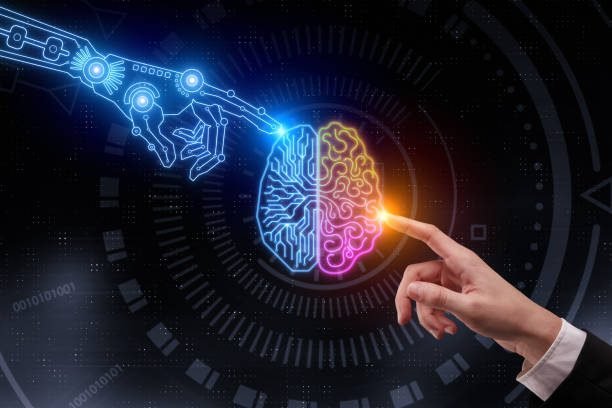With the introduction of machine learning, the vertices of Artificial Intelligence (AI) developed manifold and established their presence across multiple industries. Machine learning helps understand an entity and its behaviors through interpretations and detections of patterns. It has endless potential. But its difficulty is in forming a decision in the first place through a machine learning algorithm.
 There are often concerns about the reliability of machine learning models because of the questions about processes adopted to arrive at an anonymous decision. AI and Machine learning courses help in comprehending extensive data through intelligent insights.
There are often concerns about the reliability of machine learning models because of the questions about processes adopted to arrive at an anonymous decision. AI and Machine learning courses help in comprehending extensive data through intelligent insights.
It is useful in applications like weather forecasting, fraud detection, etc. But there is a crucial requirement to understand the processes of ML because it can form decisions using insufficient, wrong, or biased information.
This is where Explainable AI comes into the picture. It is the bridge between the ML Black Box and AI. Experienced AI is a model that explains the logic, goals, and responsible decisive process behind a result to make it understandable to humans.
As per reports by Science Direct, certain models of AI developed early in the process were easy to interpret since they had a certain amount of observability and clarity in their processes. However, with the advent of complicated decision systems like Deep Neutral Network (DNN), the process has become more difficult.
The success of DNN models is a result of productive ML models and their parametric space. It comprises muliple parameters that result in making DNN a black-box model too complicated for users. The search for an understanding of how this mechanism works is at the other end of the black-box model.
A machine learning course makes the process a lot easier. As the need for transparency is rising, the information utilized in ML is no longer justifiable, as it does not provide any detailed explanations for their behavior. Explainable AI along with ML helps in addressing the partial innate of AI. These biases are detrimental in industries like healthcare, law, and recruitment.
Explainable AI consists of three basic core concepts, which are:
- Inspection
- Accurate predictions
- Traceability
Accurate predictions refer to the process of explanation of models about the results and conclusions reached that enhance decision understanding, and trust from users. The traceability factors help humans to intervene in the decision-making of AI and control their functioning in case of need. Because of these features, explainable AI is becoming more and more important these days. A machine learning career is on the rise. In recent predictions from Forrester, it was reported that 45% of AI decision-makers find trusting an AI system is very demanding.
To assist developers to understand ML and explainable AI in detail, IBM researchers open-sourced AI Explainability 360. Google also announced an advanced explainable AI tool. The field of explainable AI is growing. And with it, it will bring enhanced explainability, mitigation of biases, and greater results for every industry.



